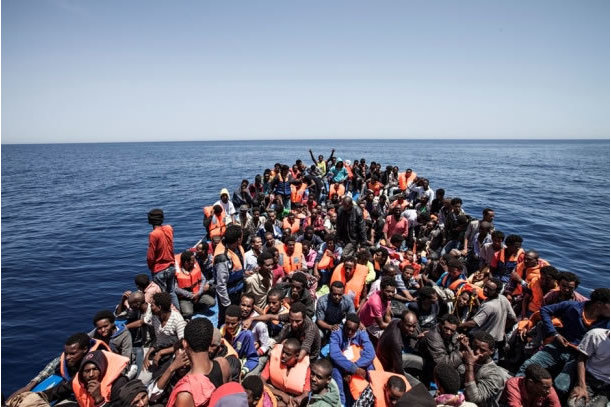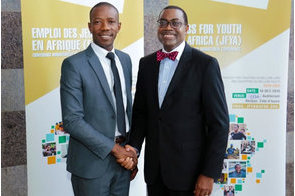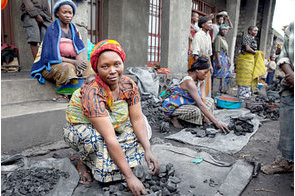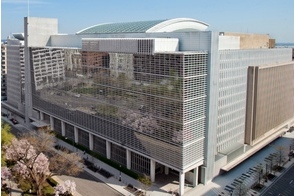Group links depletion of wetlands in the Sahel to migration from Africa to Europe

Summary
Involuntary migration, displacement, social conflict and poverty are common in the Sahel region.
Involuntary migration, displacement, social conflict and poverty are common in the Sahel region. A new report, titled "Water Shocks: Wetlands and Human Migration in the Sahel," highlights the relationship between these challenges and the depletion of natural resources, such as wetlands. The report, released today by Wetlands International, a global not-for-profit (NFP) organisation dedicated to the conservation and restoration of wetlands, examines how poor water management leads to degradation of ecosystems.
The Sahel stretches from the Atlantic Ocean eastward through northern Senegal, southern Mauritania, central Mali, northern Burkina Faso, the extreme south of Algeria, southern Niger, northeastern Nigeria, south-central Chad, and into the Sudan. Across the region, over 30 million people face food insecurity, one in five children under the age of five suffers from acute malnutrition and at least 4.9 million are displaced by the effects of conflicts, according to the United Nations.
The report said the depletion of wetland ecosystems in the region is an overlooked cause of human migration, including to Europe. Wetlands International has called on policymakers to take urgent actions to stem the migration and conflict in the Sahel.
“Humanitarian organisations need to connect their work with the environmental and development actors to find durable solutions,” said Juriaan Lahr, Head of International Assistance of the Netherlands Red Cross Society. “We need to understand better the complex and multifaceted drivers of involuntary migration, social conflict and poverty, which may be rooted in the depletion of natural resources.”
Wetlands are said to be some of the most productive ecosystems in the world. Providing the link between land and water, wetlands have many important functions that benefit people and wildlife, including providing habitat for a wide variety of wildlife and plants.
The Lake Chad Basin has lost 95% of its surface area due to water abstraction for irrigation projects, and youths from this region are joining armed groups because of lack of opportunities. Around the northeastern Nigeria and Lake Chad, the Boko Haram insurgency has displaced more than 2.3 million people since mid-2013, including 1.3 million children.
If development plans for hydropower and irrigation projects do not position ecosystems at the heart of national and regional development strategies, Wetlands said Europe and other nations will fail to achieve their goals for sustainable development.
“Driving forward inclusive and sustainable development in the Sahel is an urgent, global priority,” said Jane Madgwick, CEO of Wetlands International.
The CEO of the NFP organisation noted that maintaining and restoring the natural resource base is essential to increase water and food productivity and provide livelihood strategies to cope with a changing climate.
“In this context, wetlands such as river floodplains and lakes are disproportionately important; especially to the most marginalised people of the region,” said Madgwick.
The Netherlands-based Wetlands said the European Union (EU) has a five-year 80 million euros funding package available to support disaster risk management across Sub-Saharan Africa. By 2020 the EU and the African continent aim to increase energy efficiency and the use of renewables by building 10,000MW of hydropower facilities.
Related
-
AfDB's strategy for youth employment in Africa
The initiative aims to increase inclusive employment, promote entrepreneurship and strengthen human capital development.
-
Sub-Saharan Africa lags behind other regions on most MDG targets
The United Nations MDGs are noted for being the most successful poverty alleviation initiative in history.
-
World Bank grants $500mn to support Nigeria’s social protection programme
The federal government plans to spend N500 billion ($2.5 billion) on social welfare programmes.








